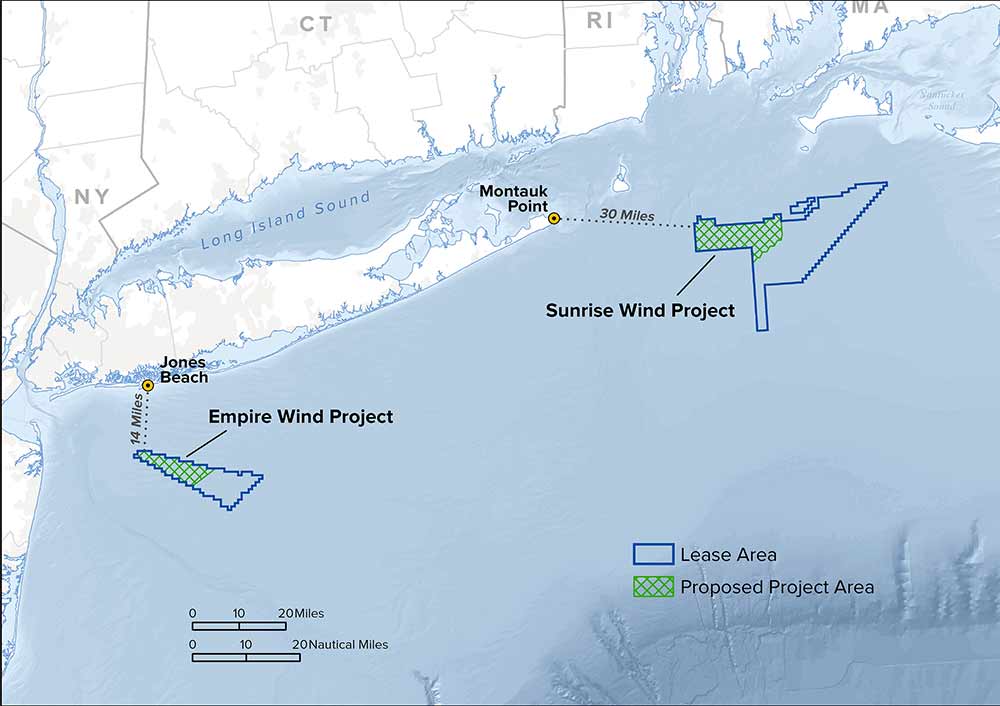Climate Change Conversations: The Power of the Consumer

I have long argued — and have just done so again in my recent article “A Better Option Than Mandates” — that the best way to combat climate change is by harnessing the power of the consumer. In a free market economy, the consumer has the power. Ultimately, consumer demand decides what manufacturers produce, not government mandates.
The power of the consumer has been proven once again by the end-of-year earnings of the automobile industry. As The Wall Street Journal reported recently, “Toyota forecast a record $30.3 billion net profit for the fiscal year ending March thanks to higher sales of hybrid vehicles in all of its major markets.” In fact, hybrid sales far outstripped sales for pure electric vehicles in the U.S.: “About 1.4 million hybrid and plug-in hybrid vehicles were sold in the U.S. last year, compared with 1.1 million EVs, according to data from car-shopping website Edmunds. Hybrid sales were up 63% from the previous year, while EV sales climbed 51%.”
This was bad news for manufacturers who had been focusing heavily on EVs, thanks to government pressure to switch to all-electric. As a result, numerous manufacturers are now having to reconsider their manufacturing plans for the coming years. “General Motors said last week it would introduce some plug-in hybrid models in North America after facing pressure from dealers,” The Wall Street Journal reported. “Ford Motor said last year it would seek to quadruple its hybrid sales in the next five years.”
Governments can put as much pressure as they want on manufacturers and businesses, but the fact is, in a free market economy market forces reign supreme. They are as powerful as forces of nature, and just as unapologetic and undeniable. They can be cruel and destructive, as we saw during the 2008 financial crisis — and they can also be a huge force for good if harnessed correctly. But, trying to fight the tide of the market is always a fruitless endeavor.
The market has clearly demonstrated that no matter how much pressure is put on manufacturers to pivot to EVs, consumers are simply not ready to overwhelmingly make that shift. But they are ready to commit to hybrid vehicles. As The Wall Street Journal reported, Toyota estimated that their hybrid sales, which were at 3.4 million in 2023, were likely to rise to five million by 2025.
“As a realistic solution, hybrids are still favored by our customers,” Toyota Executive Vice President Yoichi Miyazaki said. “Hybrids are being recognized as a realistic solution to achieve carbon neutrality.” Once again, the market has spoken and made it clear: The only way we can avert the climate disaster is by acknowledging, and harnessing, the power of the consumer.

Frank Dalene, the bestselling author of Decarbonize the World: A Market-Based Solution to the Climate Crisis, is president and CEO of Telemark Inc., a construction services business he cofounded with his father in 1978. Over the past four decades, Telemark has become known for being a national leader, embracing the latest in energy efficiencies. Dalene is innovating the manner in which companies can assess their carbon footprint. Through his ICEMAN (International Carbon Equivalent Mechanism Attributed to Neutrality) methodology, companies can get an accurate snapshot of their product’s carbon emissions on a standardized scale. Dalene has presented keynotes across the world on sustainable construction, carbon neutrality and ICEMAN. Learn more at frankdalene.com.
-PARTNER CONTENT



